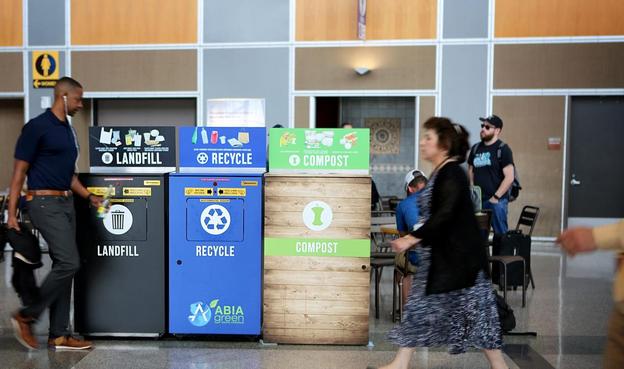Dear academics in this thread:
This 'flying scientist worried about emissions' dilemma is to me a perfect case where we could move away from guilt-driven individual action aiming to reduce our carbon footprint to become aware of our handprint to achieve collective/administrative changes [1].
We organize the conferences, we have access to the administrations that pay our travel costs and we know the community.
There are definitely alternatives:
"A straightforward way of cutting emissions therefore could just be reducing the number of meetings, e.g. organizing recurring annual meetings only every other year. This could also have other benefits such as more available time for research, teaching, or mentoring. In addition, it would impose less pressure to be away from home for the sake of visibility for researchers with families, which is a phenomenon that female scientists encounter more often than their male colleagues.
As humans, we find it easiest to network in person, but by solely relying on in-person meetings, certain groups of people can be excluded from the global science community. In order to allow for both an in-person experience as well as accessibility, an approach could be a hybrid format in which the visibility and networking opportunities for online attendants are prioritized. For large meetings, a hub format including virtual participation could be considered." [2]
We can do this! The benefits regarding inclusion, decolonization and, of course, emission reduction would be impressive.

‐---------
Further info:
A comprehensive toolbox to achieve flight reduction in academic institutions:
https://www.nature.com/articles/s44168-023-00069-y
List of specific measures:
https://ethz.ch/content/dam/ethz/associates/services/organisation/Schulleitung/mobilitaetsplattform/Measures%20for%20Academic%20Air%20Travel%20Reduction.pdf
[1] Here's the concept of the handprint:
https://kolektiva.social/@earthworm/112530668693156607
[2] i love this article: https://academic.oup.com/pnasnexus/article/3/5/pgae143/7659884?login=false
@jatkinson1000 @steve @Ruth_Mottram
#EcologicalHandprint #CarbonFootprint #EcologicalFootprint #AcademicChatter




